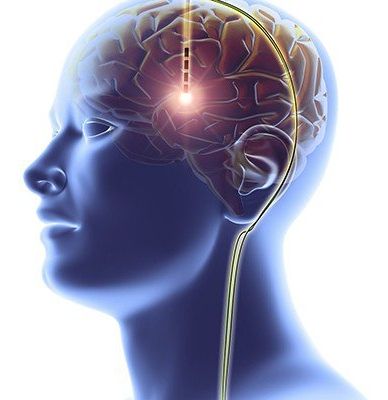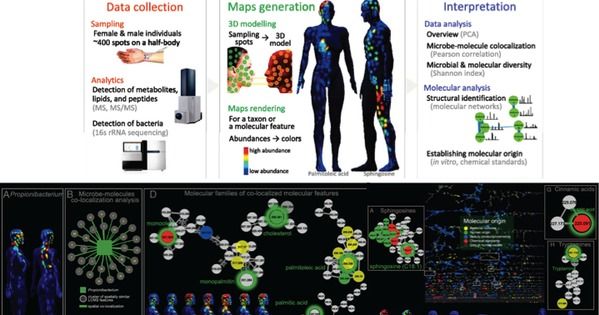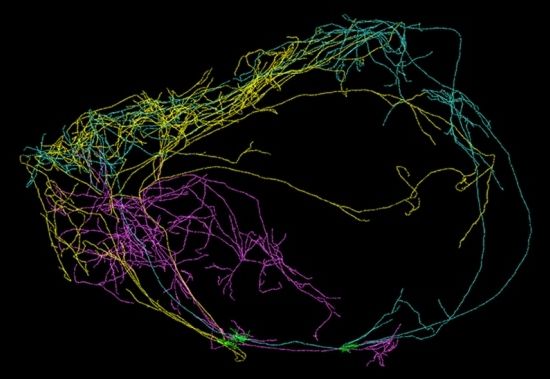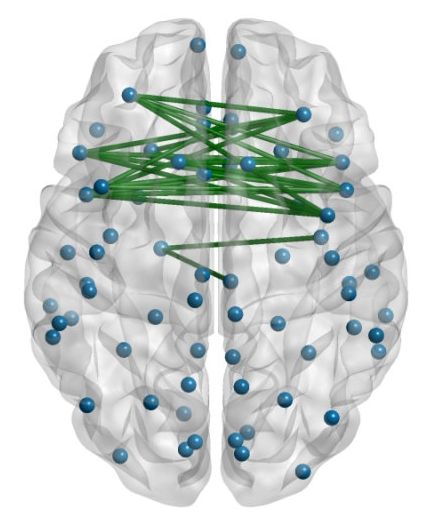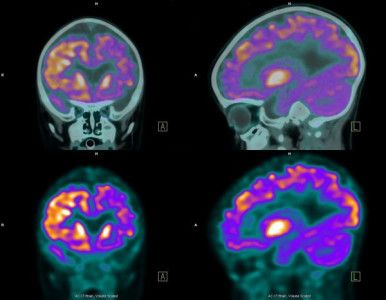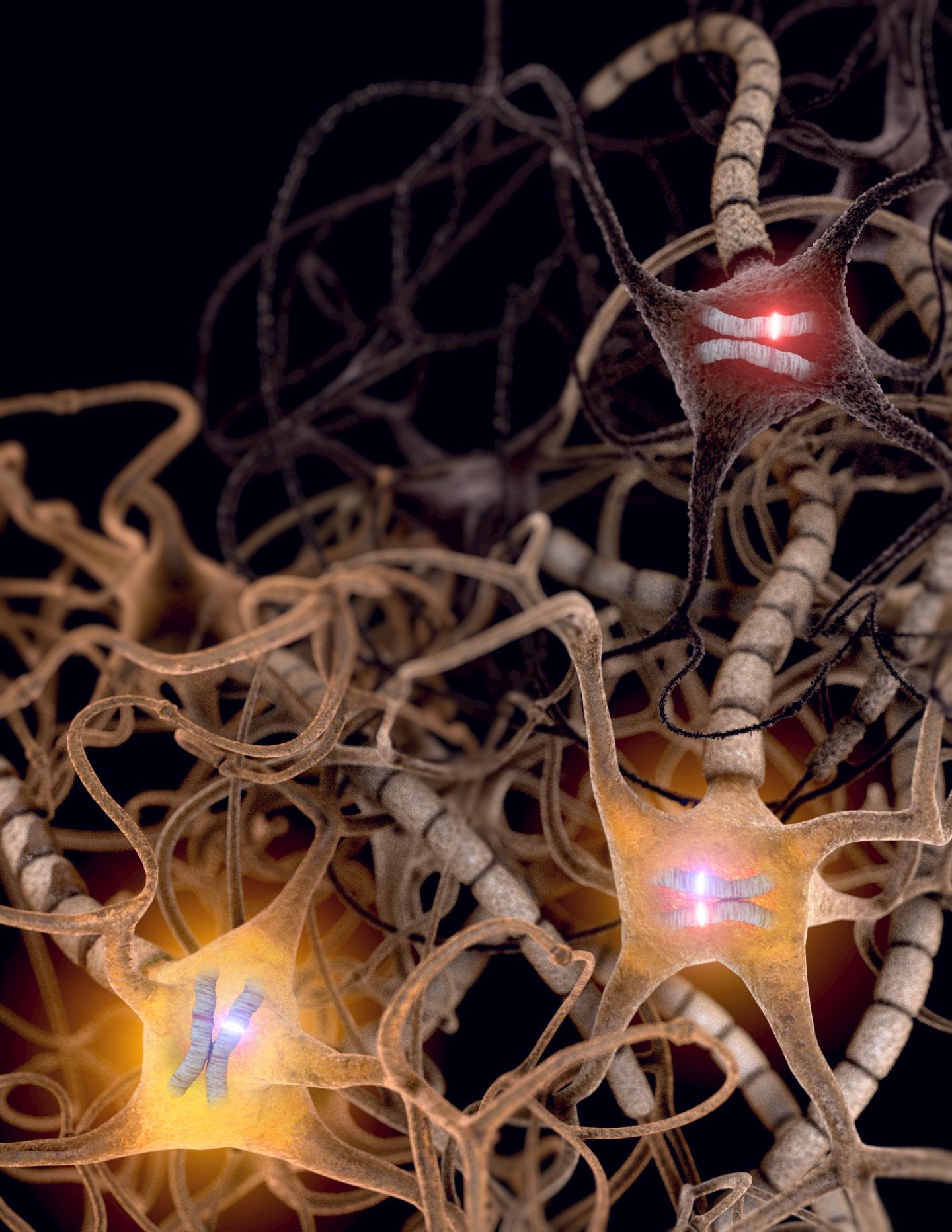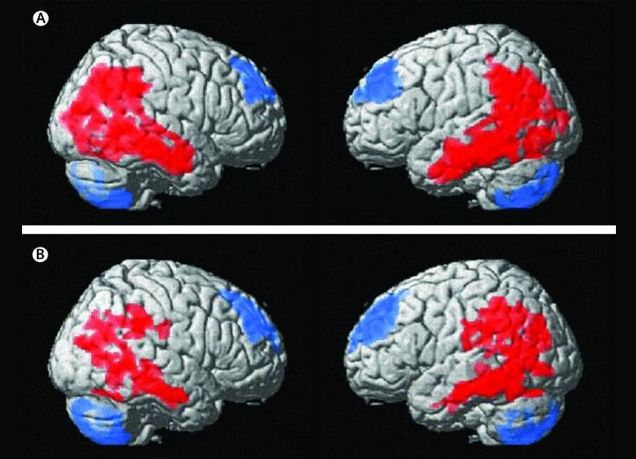Feb 26, 2017
Scientists test deep brain stimulation as potential anorexia therapy
Posted by Karen Hurst in categories: biotech/medical, food, neuroscience
Now this is what I am talking about when brain stimulation can treat disease and disorders were often better off.
LONDON: A small study in 16 people with severe anorexia has found that implanting stimulation electrodes into the brains of patients could ease their anxiety and help them gain weight.
Researchers found that in extreme cases of the eating disorder, the technique — known as deep brain stimulation (DBS) — swiftly helped many of those studied reduce symptoms of either anxiety or depression, and improved their quality of life.
Continue reading “Scientists test deep brain stimulation as potential anorexia therapy” »
